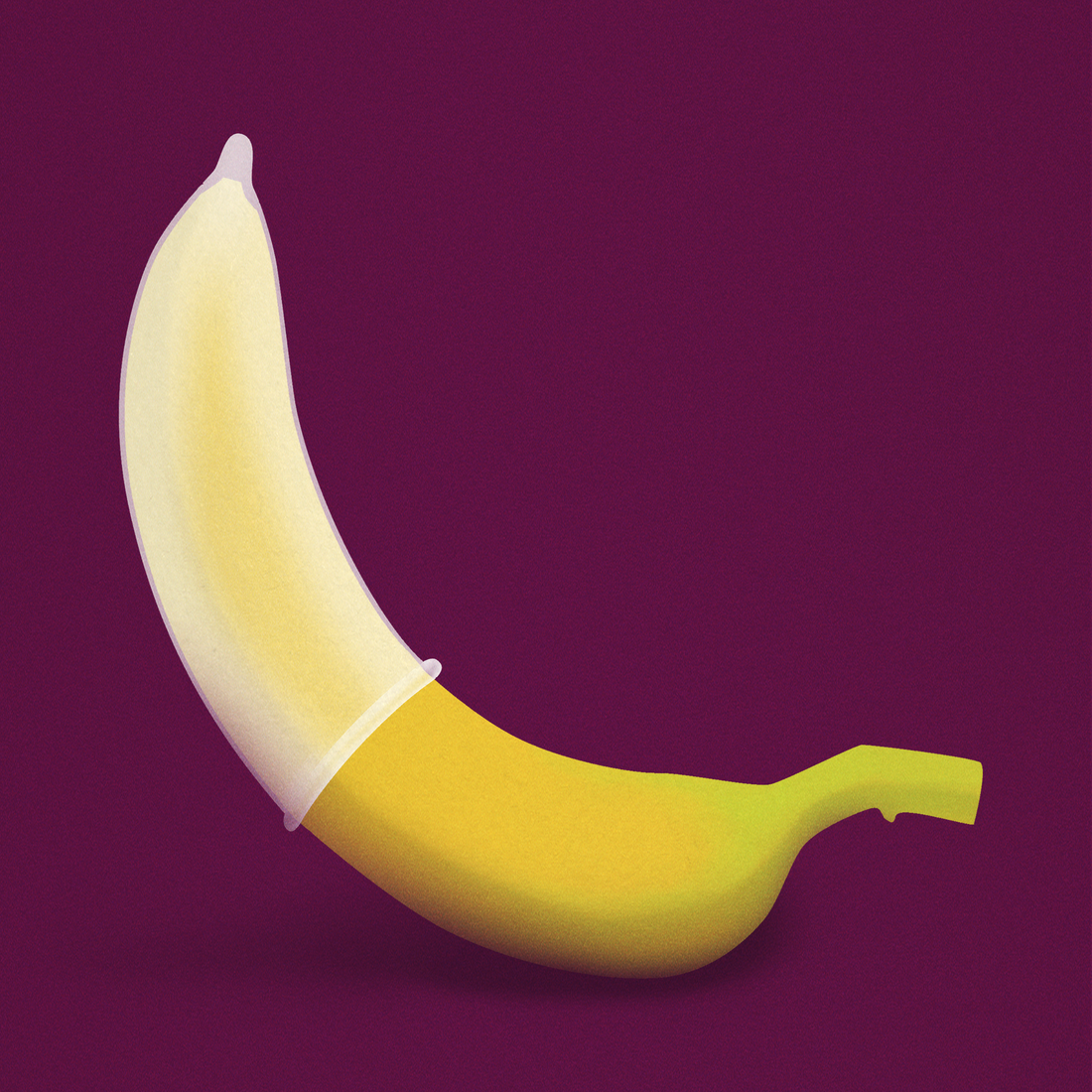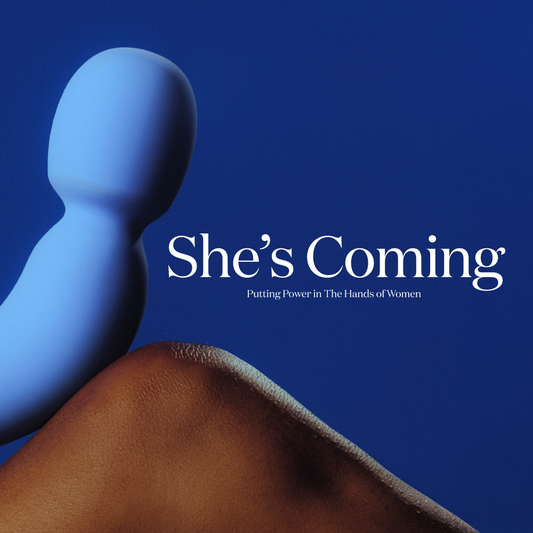Here at Dame, we think a lot about sex education. The more we have access to information about our bodies, the more likely sex is to be comfortable, pleasurable, and fun. An adult with internet access in 2019 has all kinds of ways to learn about sex (including on Dame!) but for many of us, sex-ed class in school was our first major exposure to information about sex. Unfortunately, many of those “facts” were and still are often horrifying, harmful fictions. Abstinence-only education—which prohibits an honest, comprehensive discussion about sex—is currently mandated in 37 states. And yet studies have repeatedly shown that these policies fail to raise the age of first-time sex, and they don’t reduce the rate of STIs or teen pregnancy, either. We asked our Instagram and Dame Labs followers, whose ages range wildly, what they learned in sex ed. The answers disturbed us—and made it clear that sex ed in the United States has a very long way to go. Pre-high school, a lot of you got information on puberty. One Dame Labs member said the girls “watched a movie on menstruation and given a starter kit.” Another said, “I think we had something in 7th grade about boners and sperm. But that's all I can remember.” Some of what people learned was just scientifically wrong. One person on Instagram told us they learned that “all women got their period until they were approximately 82 years old.” We got another DM saying they heard “periods always last 28 days and are predictable.” Yikes! Your education didn’t fare much better when it came to actual sex. Most of you learned a narrow definition, that sex equals a penis inside of a vagina. And many of you were scared out of your minds: “If you have sex, you'll get a disease and die,” one person on Facebook recalled from a health teacher. Lots of people were offered extended metaphors about how sex will ruin a woman’s “purity” (often a staple of an abstinence-only curriculum), like dirty lollipops or crushed flowers. “A vagina is like a tube sock,” one person remembered hearing. “More use causes it to get loose, and nobody wants a used sock.” Another Instagram follower had a teacher who “compared our bodies to a cup of spit the whole class had contributed to. Spit=sex=dirty.” People who’d gone to Catholic school remember hearing “it’s a mortal sin to have sex before you’re married” and that sex was only to get women pregnant: “Women’s bodies were solely regulated to breeding,” one Dame Labs member recalled. “This is a real problem.” Predictably, female desire and queer sex got the short end of the stick. One person learned “everything about men having orgasms and truly nothing about women’s pleasure.” Someone on Instagram recalled a female teacher saying that “women don’t come often and

You Answered: What Did You Learn in Sex Ed?
4 min read


























































